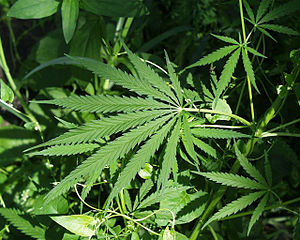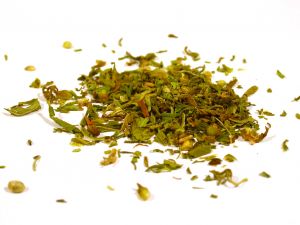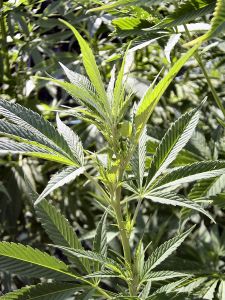Forfeiture Filed Against “World’s Largest” Dispensary in California
With the federal government barreling forward in its efforts to shut down nearly every medical marijuana dispensary in California, it’s now taking on one that has been billed as the world’s largest. 
Our Los Angeles medical marijuana lawyers understand prosecutors are now after Harborside in Oakland, which reportedly serves some 100,000 ill patients and has grabbed the national spotlight in the Discovery Channel’s “Weed Wars.”
No doubt, the notoriety has informed at least some of the federal government’s decision to go after the center. And here’s the thing: While it should be perfectly legal to showcase your LEGAL operation and industry on national television or in any other outlet if you so choose, the fact is, the current climate makes it an unwise move at this juncture, legally speaking.
That’s not to say there is no public service provided by this type of programming. In fact, it normalizes what those on the outside might see as some sort of shady, under-the-table, back-alley business. When people have a chance to see what actually goes on behind the scenes, it becomes less scary, more acceptable.
But that exposure has to be tactical and informed by the advice of an experienced marijuana lawyer because by the same token, that show has likely opened up this organization to the unwanted attention from federal prosecutors.
In fairness, that’s not to say prosecutors wouldn’t have come after Harborside anyway (particularly if they were indeed the, ‘world’s largest,’ which we don’t have any independent proof of). Indeed, prosecutors have launched a relentless attack on growers and dispensaries since late last year.
A spokeswoman for the U.S. attorney for the Northern District of California was quoted as saying that the larger the operation, the more likely it is to run afoul of the law, with marijuana falling into the hands of those who don’t have a legitimate need.
Of course, this argument holds no legal weight because nowhere in state law does it say that marijuana grow operations must stay under a certain size. What’s more, prosecutors provided no evidence other than to suggest the facility is breaking any state laws – despite the government’s promises not to go after dispensaries that were in compliance with local ordinances and regulations.
For its part, the clinic has said it has nothing to hide and intends to fight off any legal challenges.
The tactic prosecutors are taking in this case also isn’t uncommon: forfeiture.
Civil forfeiture action has been filed against Harborside’s two properties. Operators of the facility have vowed to remain open and serving patients unless they are physically prevented from doing so.
The closure of this facility would not only impact a large number of chronically and acutely ill patients, it would result in the loss of about $1 million in tax revenue as well as about 150 jobs.
The bottom line is that media exposure can be good for the medical marijuana movement – but you must be informed about what that exposure could mean, and tread carefully.
Continue reading
 Cannabis Law Group's Medical Marijuana Legal Blog
Cannabis Law Group's Medical Marijuana Legal Blog












